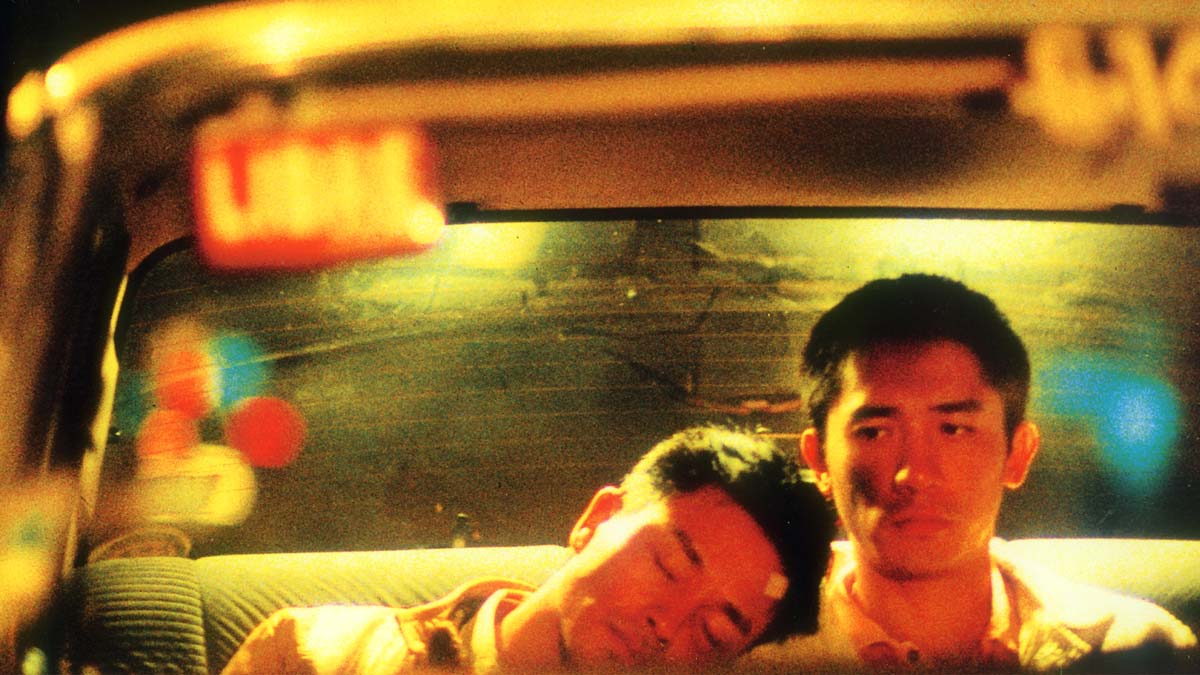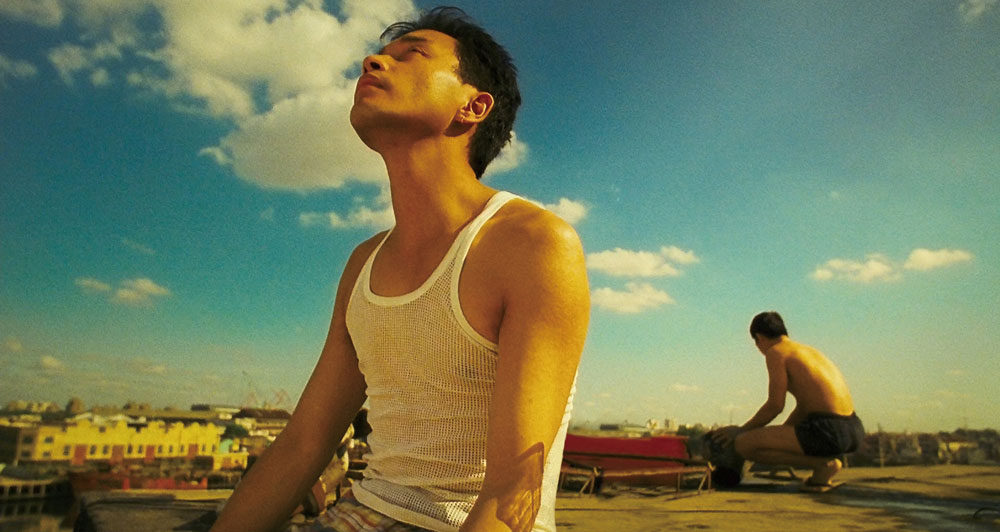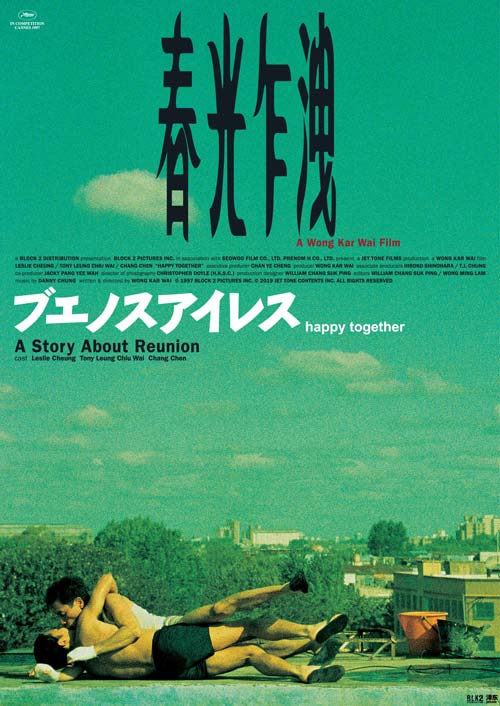
© 1997, 2008 Block 2 Pictures Inc. All Rights Reserved.
Wong Kar-wai's direction changes while filming "Happy Together"
2021.02.20
Famous songs inherited from later works
And the element where Wong Kar-wai's fluid filmmaking is most effective is the music. He himself has openly stated that he was influenced by MTV, and the chemical reaction caused by the collaboration between the sensuously connected images and the songs used is on an extraordinary level that is unmatched by other directors. The most successful examples include `` Chungking Express '' (Faye Wong's cover of the Cranberries ' ``Dreams'') and `` California Dream '' from `` Fallen Angels Planet'' and `` Only You '' from ` `Angel's Tears.''
For ``Happy Together,'' Kar-wai listened to a lot of songs by South American artists while on the plane heading to the filming location. The song selected from this and played in many scenes of the work is a tango piece by Argentine bandoneon player Astor Piazzolla, whose melody is perfectly suited to the sad fate of the men's love. The song that symbolizes ``Happy Together'' is ``Kukurukuku Paloma'' by Caetano Veloso.
"Happy Together" beginning
At the beginning of the film, Fai and Win are heading to Iguazu Falls on the border of Argentina and Brasia. How beautifully the gentle melody of “Kukurukuku Paloma” fits into the aerial view of that gigantic waterfall! It's a surprisingly short scene, but it remains memorable for many who have seen "Happy Together." Such magical power is hidden in this scene. The lyrics are about a man who lost his loved one, died and turned into a pigeon, and "Kukurukuku" is the sound of a pigeon's cry. It seems to be hinting at Fai's fate after that.
``Kukurukuku Paloma'' was also used in Pedro Almodovar's ` `Talk to Her '' (2002). Caetano Veloso himself appears and sings. Since this is a story about a loved one in a coma, this song selection makes sense. Although Almodovar did not mention ``Happy Together'' regarding the use of this song, there are subsequent works in which ``Kukurukuku Paloma'' is played again. Moonlight (16) won the Academy Award for Best Picture.
The song is played during the scene in which the main character, Sharon, departs to reunite with Kevin, a former classmate with whom she has developed feelings, and director Barry Jenkins has stated that this song selection is an homage to ``Happy Together .'' Other influences from " Happy Together " can be seen in " Moonlight ", such as in the cuts of the two men. In any case, the compatibility between ``Kukurukukuk Paloma'' and movies is tremendous, and Wong Kar-wai's sense of style during this time, which was evidenced in his later works, was no exception.

"Happy Together" © 1997, 2008 Block 2 Pictures Inc. All Rights Reserved.
By the way, " Happy Together " (a 1967 Turtles song covered by Danny Chong) that plays in the last scene of "Happy Together" is also the English title of this movie (the original title "Shunko 乍掍" is also " The light of spring has just arrived" (with a similar meaning). Again, the synergy between the video and the song is at a high level.
As ``Kukurukuku Paloma'' continues, the image of Fai leaving Happy Together, passing through Taipei, and returning to Hong Kong resembles a pigeon departing in search of a lover. The line, ``If I want to see you, I can see you anytime,'' was one of the states he had finally reached.
Six years after "Happy Together", Leslie Cheung passed away of his own free will. It is also true that when you think about Fai's lines over time, you feel a sense of sadness in another way.
Text: Hiroaki Saito
Became freelance in 1997, contributing movie reviews and interview articles to various media such as movie magazines, theater pamphlets, and movie sites. The column is constantly updated on Yahoo! News.

"Happy Together"
Currently being distributed
© 1997, 2008 Block 2 Pictures Inc. All Rights Reserved.

